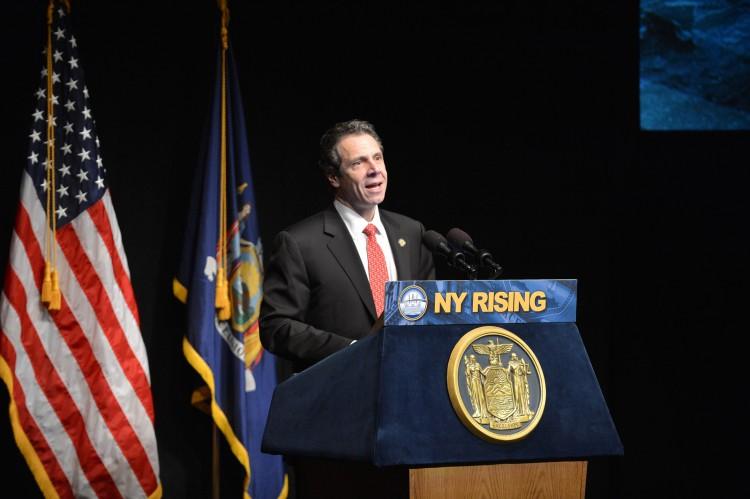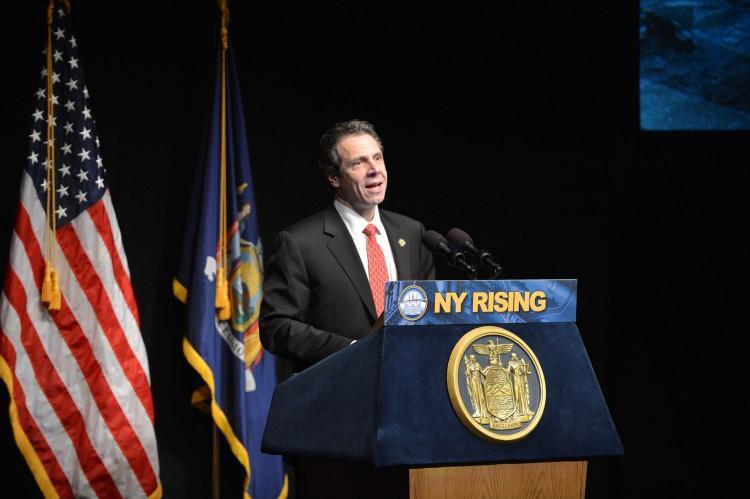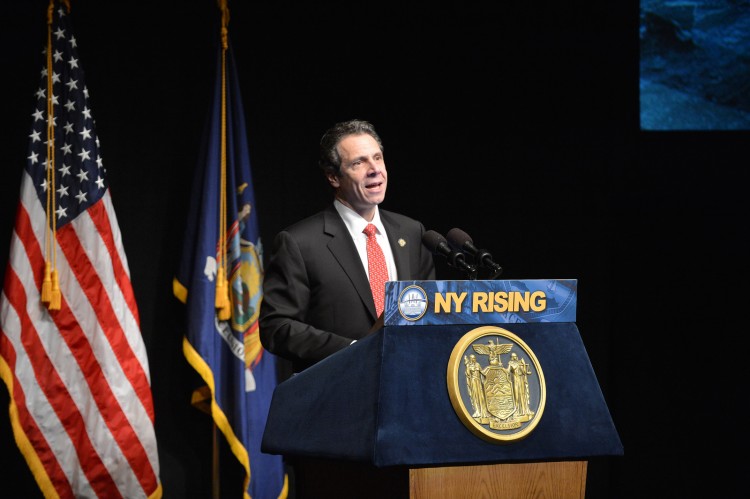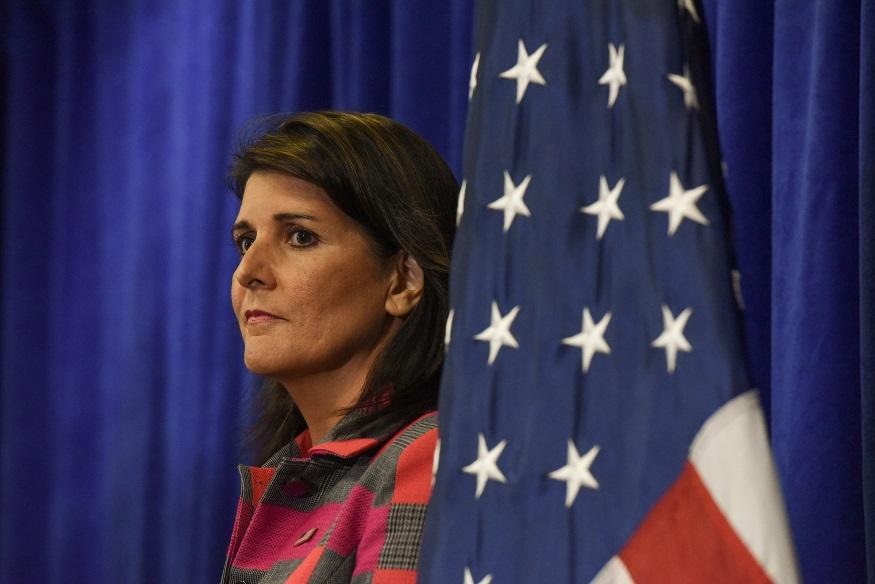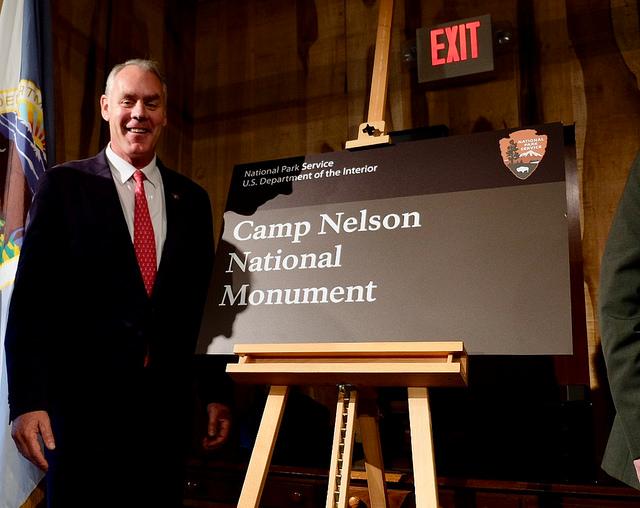NEW YORK—New York State campaign finance contribution limits are among the highest in the nation, which is something that Gov. Andrew Cuomo wants to see changed this year.
During his State of the State in January, the governor listed a series of reform proposals, many of which will mimic the successful public financing system used in New York City. In addition to lower contribution limits, Cuomo would like to see all contributions over $500 reported within 48 hours—and within 24 hours near Election Day.
New York City currently requires candidates to report their contributions every 2 months during election years and every 24 hours during the 10 days leading up to the election.
The governor attended a luncheon on Friday in New York City to discuss his proposal with campaign finance reform advocates and to discuss the challenges he sees with enacting the reform.
Cuomo acknowledge how difficult it is to make change, especially when the change affects legislators personally.
“For the legislators, this is not about changing a policy that will affect someone else,” Cuomo said Friday. “This is changing a policy that affects them and their livelihood.”
Not the First Time for Reform
Campaign finance reform bills have been brought up in the State Assembly for nearly 20 years; however, they have never made it passed the State Senate.
Jonathan Soros, chairman and president of Soros Fund Management, a proponent of campaign finance reform, said that the Republican leadership has continuously blocked the bill from the floor. He added that the political divide is not reflective of what polled citizens have said.
Numbers from Lake Research Partners show in a 2012 poll that 83 percent of Democrats, 79 percent of Independents, and 74 percent of Republicans support a system of small-donor public matching funds in New York State.
“If you want to look for a bipartisan issue in today’s polarized politics, ironically, it is campaign finance reform,” said Celinda Lake, president of Lake Research Partners, at the Friday luncheon. “In our current age of distrust, to have anyone believing in any policy this much is pretty unusual.”
Cuomo said that the distrust in the system is a killer, but he understands why, especially when groups are able to infiltrate politics with large amounts of cash.
Soros pointed out that during the 2012 federal election, 160 people provided 80 percent of the campaign donations.
Cuomo said that he was “cautiously optimistic” that the reform would pass this year based on the public’s reaction to Super PAC in the past election.
“I think the public is fed up, and I think that is our opportunity,” Cuomo said.
[Related: New York Governor Gives Bold State of the State]
Public Support
To drum up support, the governor will be using a method that worked well in his first two years in office—he will go to the public. Cuomo said that going to politicians for pledges can work; however, the politicians can go back on their pledge with little recourse.
“You can’t sue someone for a pledge—maybe in the court of morality—but that court meets rarely in Albany,” Cuomo said with a smile, inciting a hearty laugh from the audience.
Cuomo said that he will use what he learned from his days in the Clinton administration and change the voice of public opinion, which should lead the politicians to follow.
“Politicians quickly do the calculation what it means to be against a popular position,” Cuomo said. “If the politician does not follow the people, then you can replace the politician.”
Cuomo acknowledged that he does not have all the answers, including to how to get around Super PAC money. Even with strict contribution limits, current laws allow outside groups to spend millions on television or print ads in support of a particular candidate. As long as the donation is not directly to a campaign, it is perfectly legal.
Funding
The Governor spoke at length as to the need for reform, as well as to how he will win support for the proposal; however, he did not discuss how the initiative would be paid for.
The current bill in the State Assembly, which will likely be amended before it passes, offers a few options for paying, including allowing people to donate $5 to a fund with their taxes and having a surcharge on fines for securities violations on Wall Street.
If enough revenue is not generated to pay for the program, the remaining support will come out of the general revenue fund. Reform groups want to see all of the money come from the general revenue fund, which is generated by taxes.
“Cost is an issue. It will cost money, but everything the government does that is worth doing will cost money,” said Ian Vandewalker, counsel for the Democracy Program at the Brennan Center for Justice.
Vandewalker said that the reform has the potential to save money in the long run by changing the way money influences policy in Albany.
